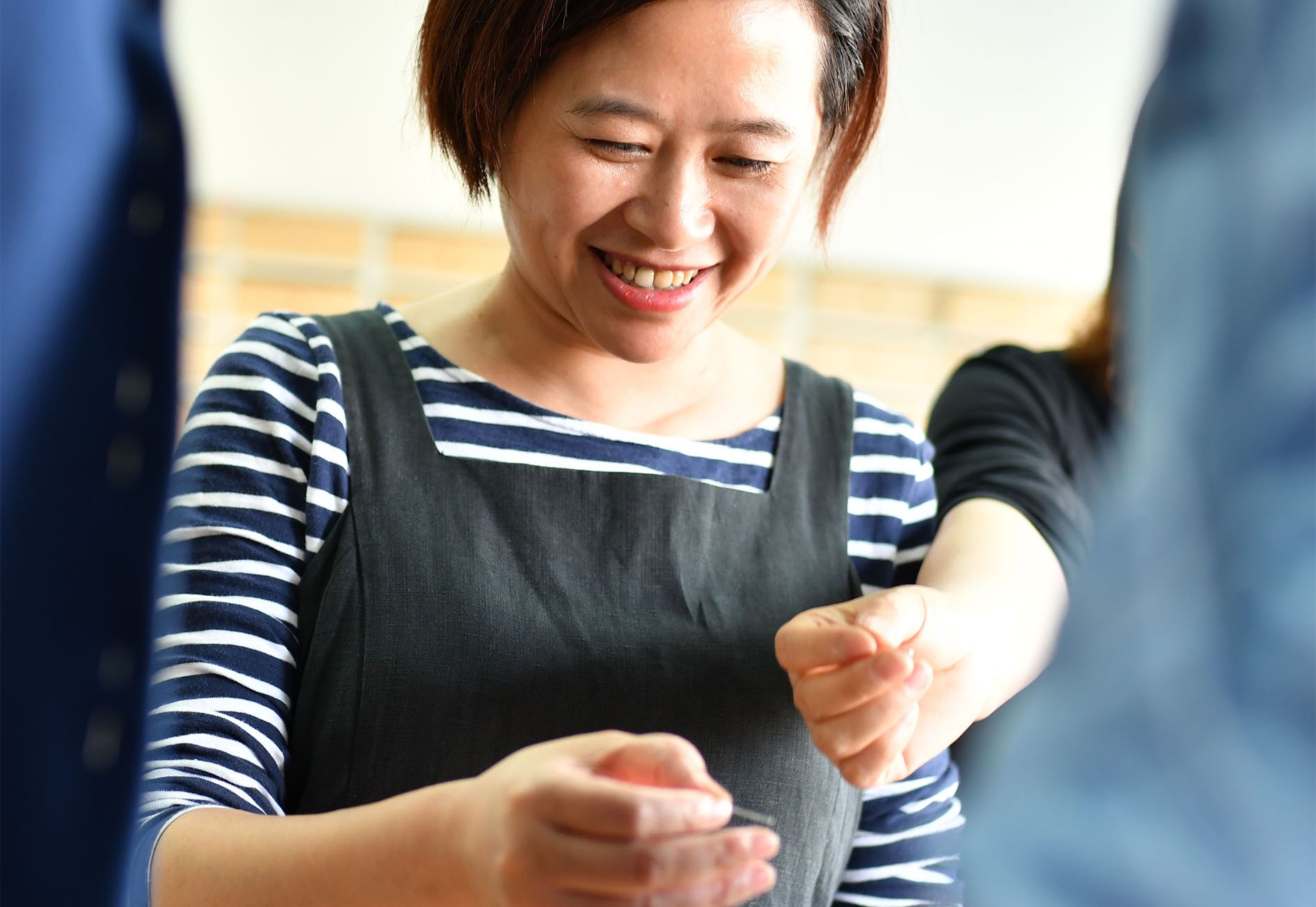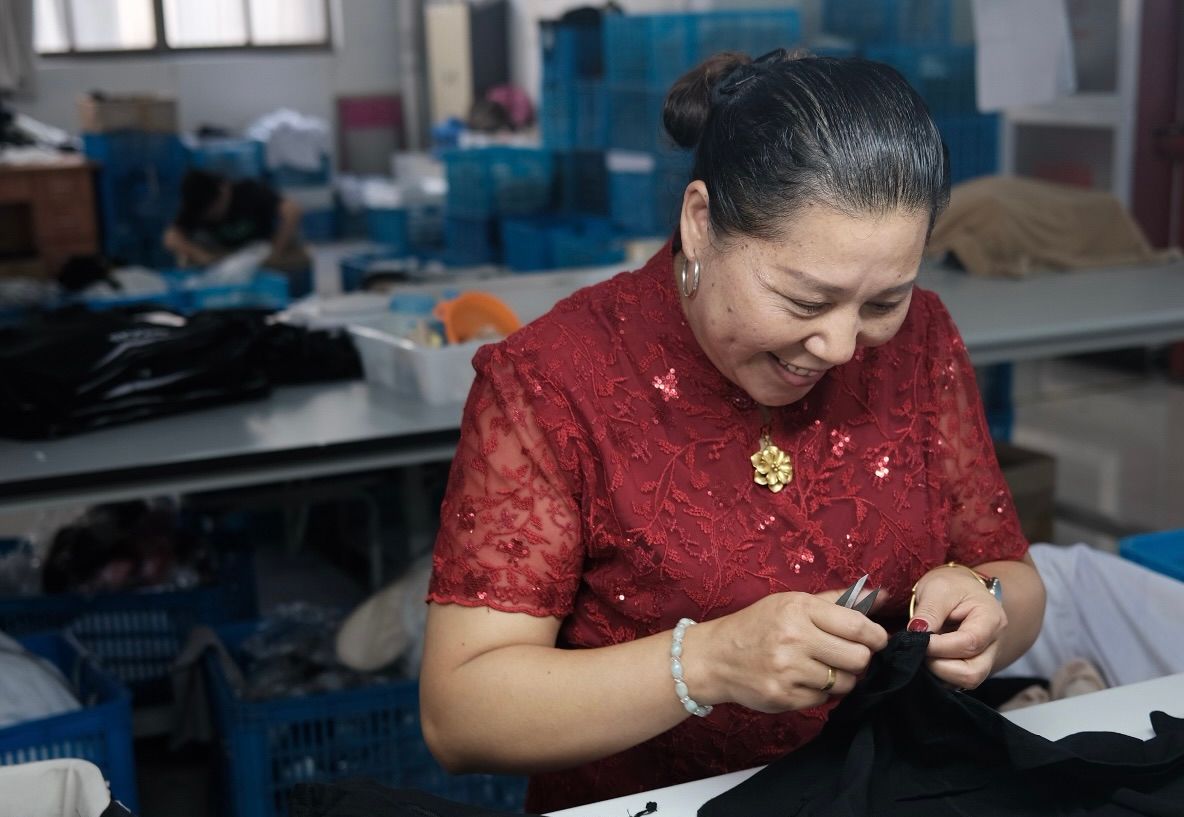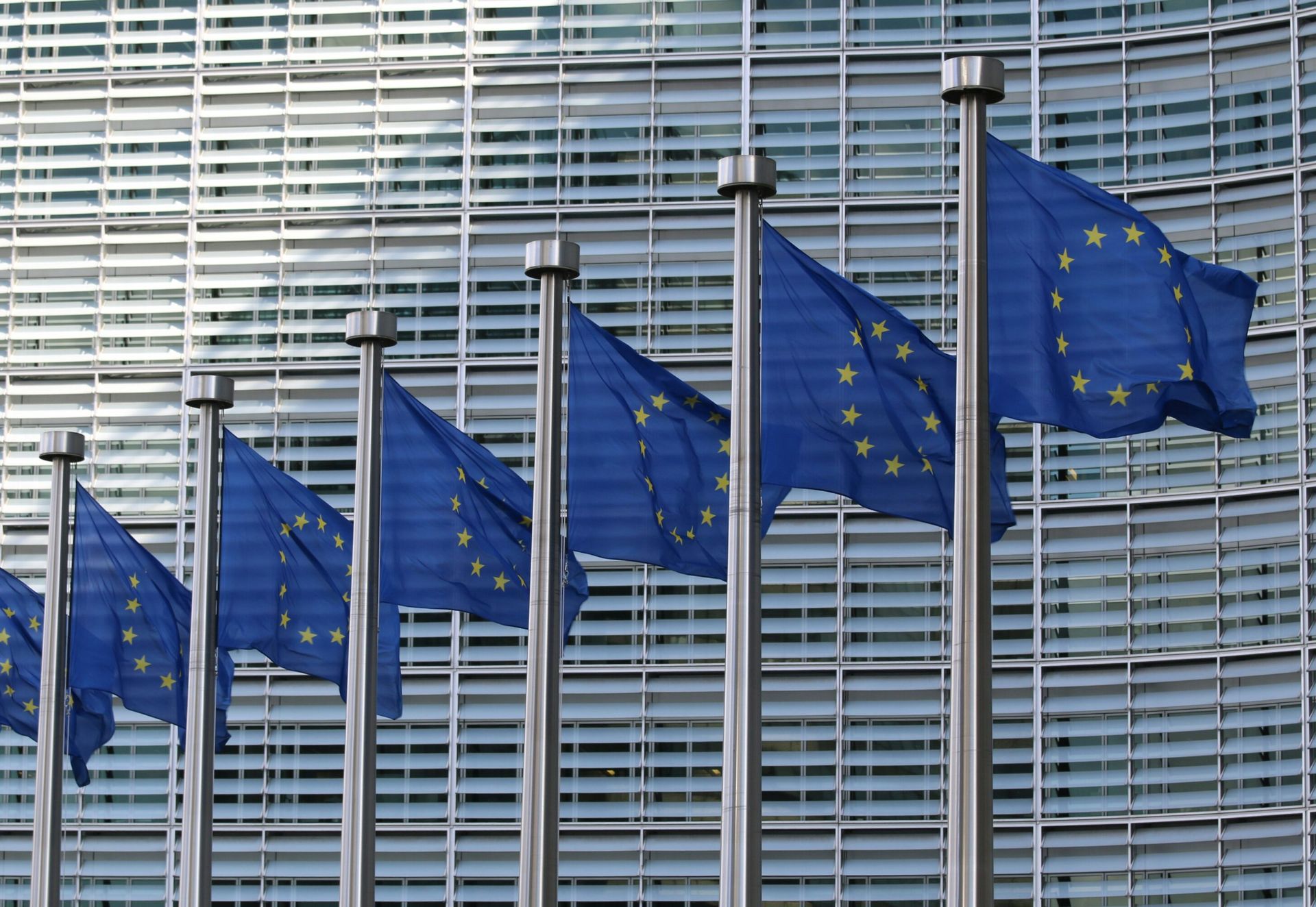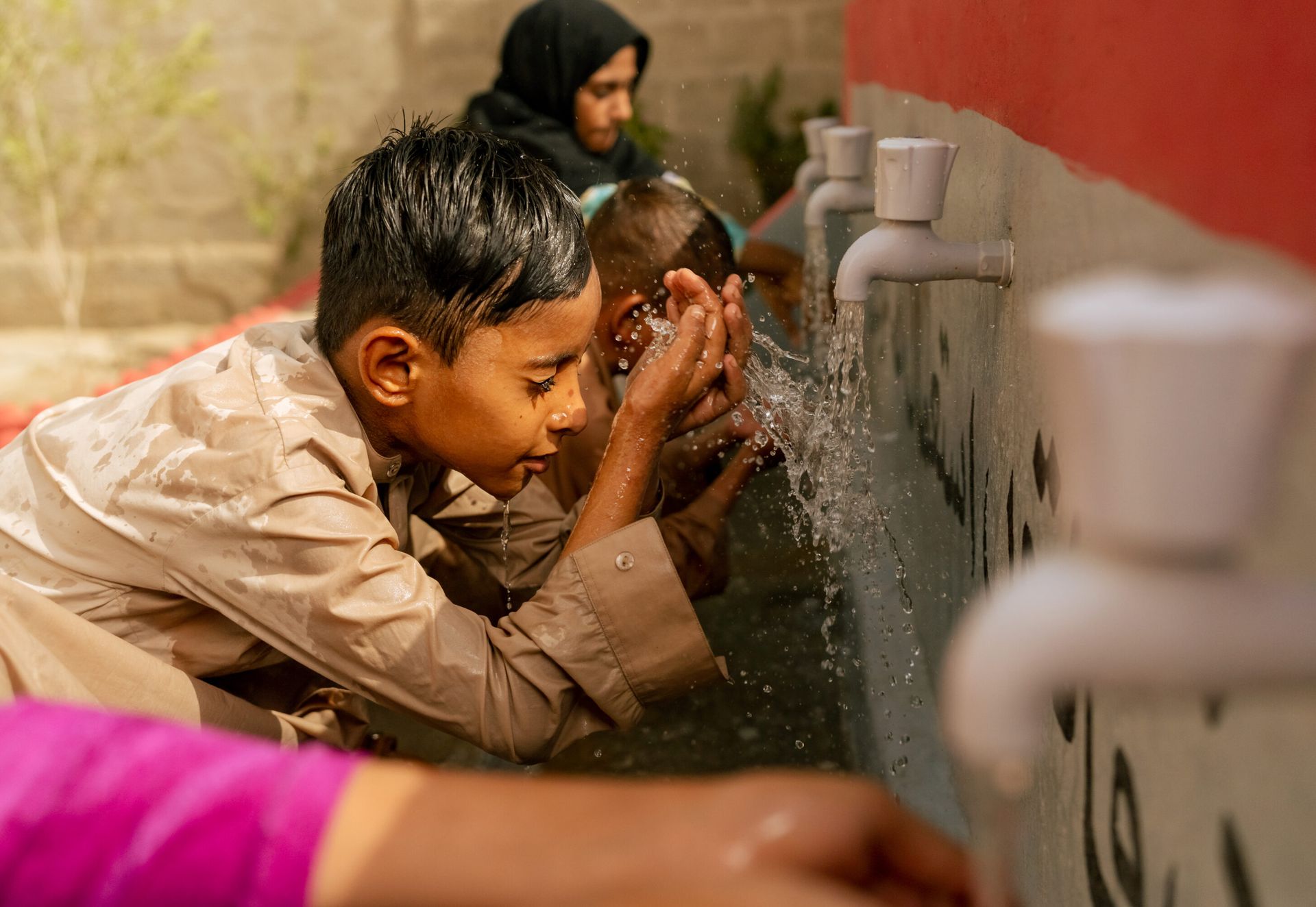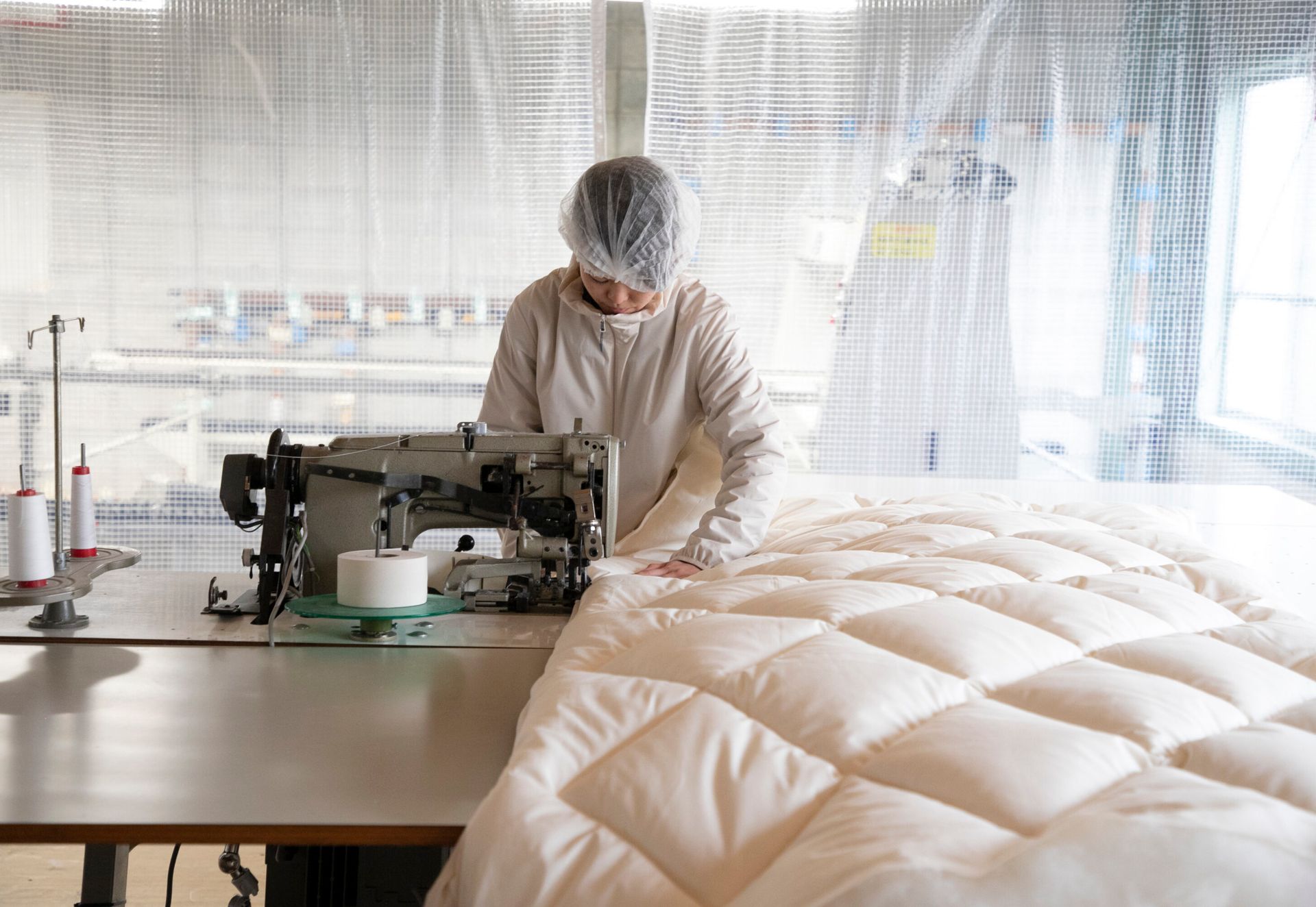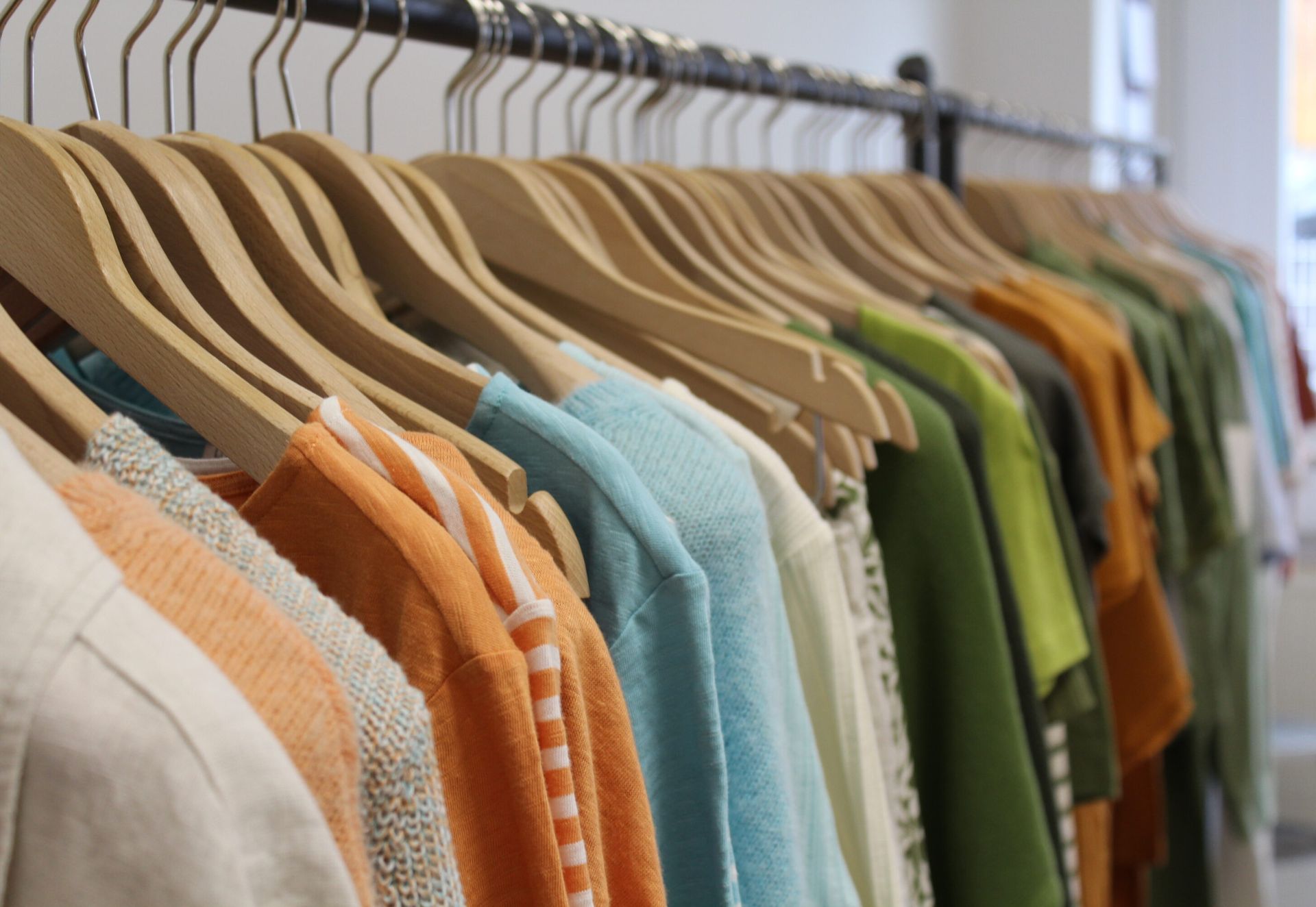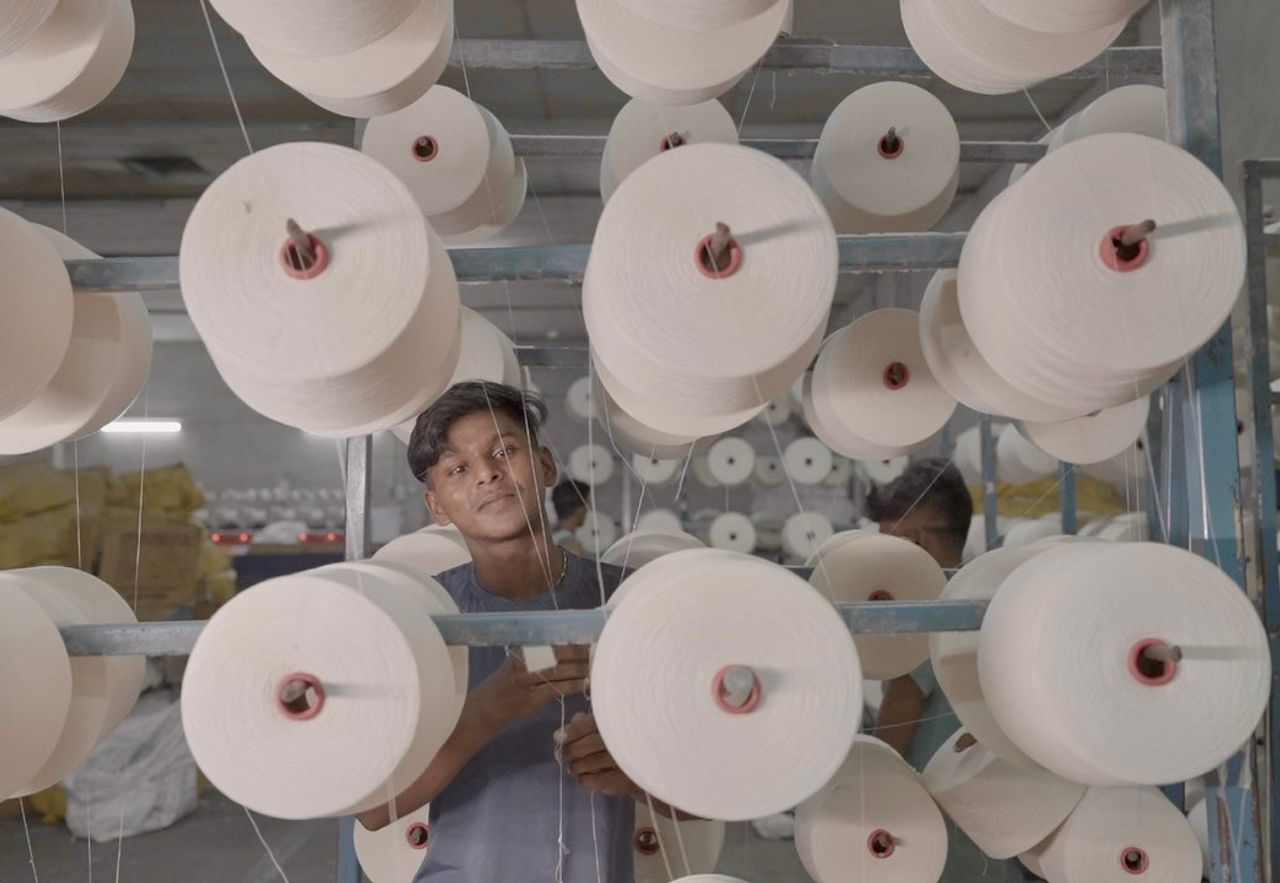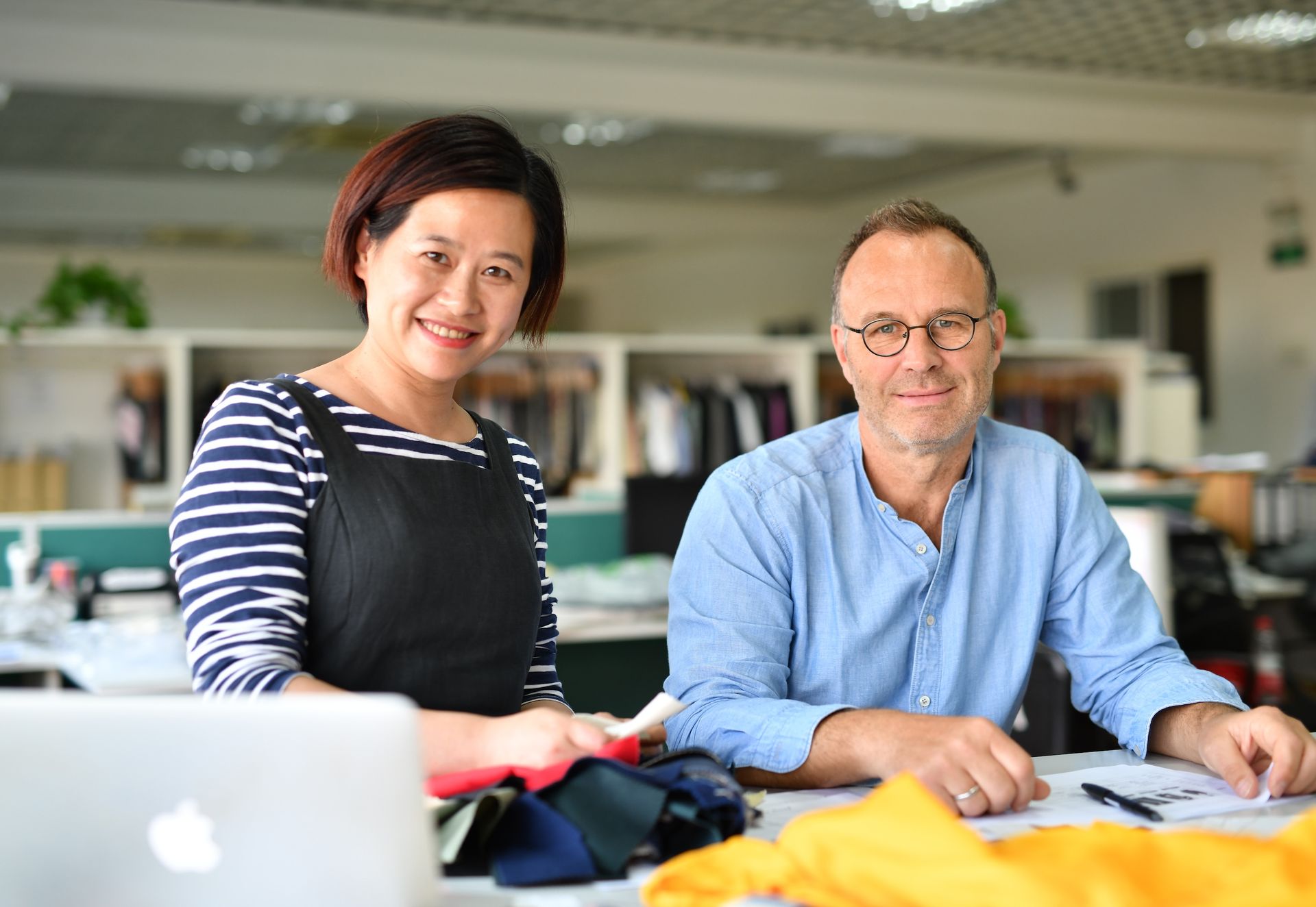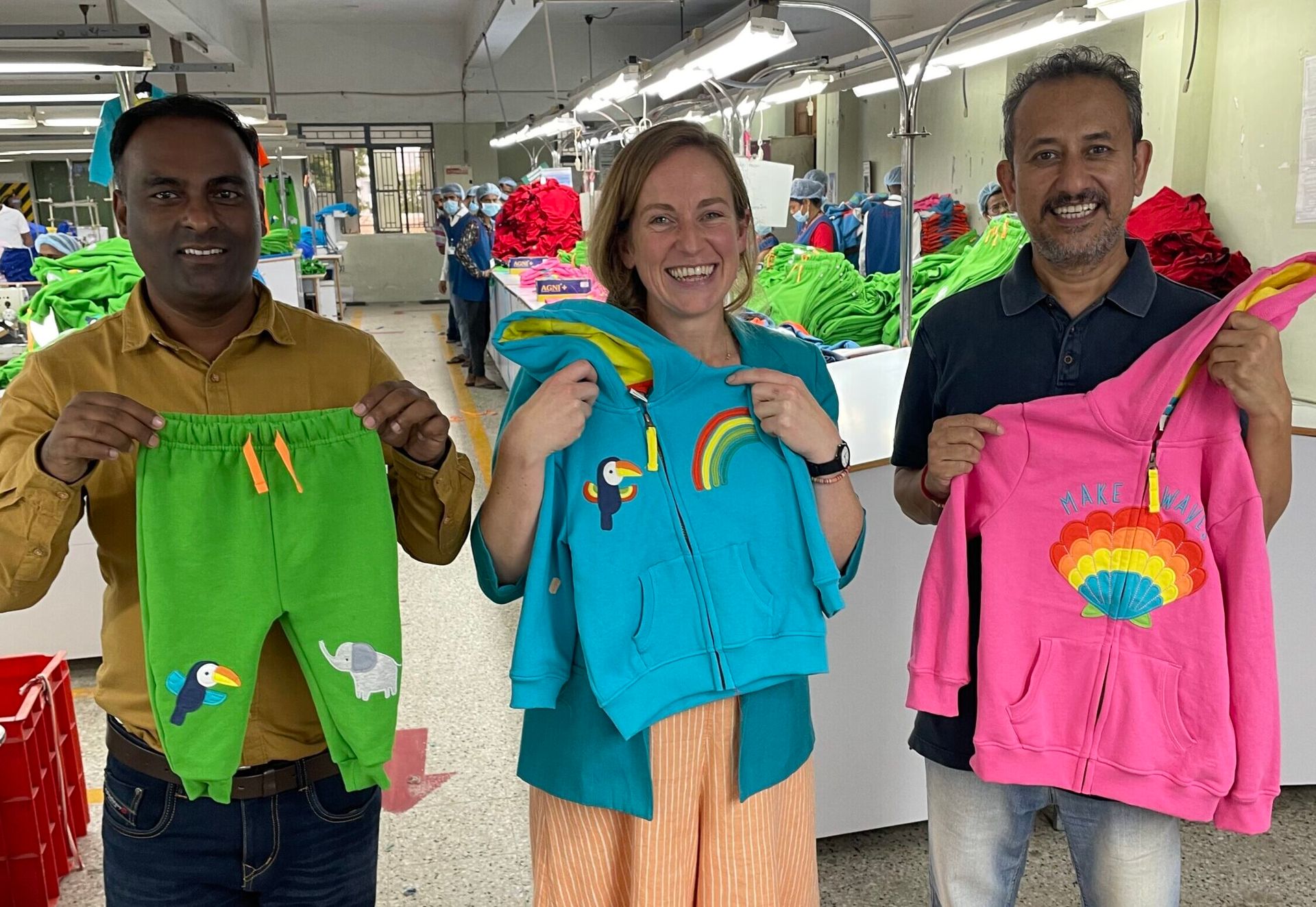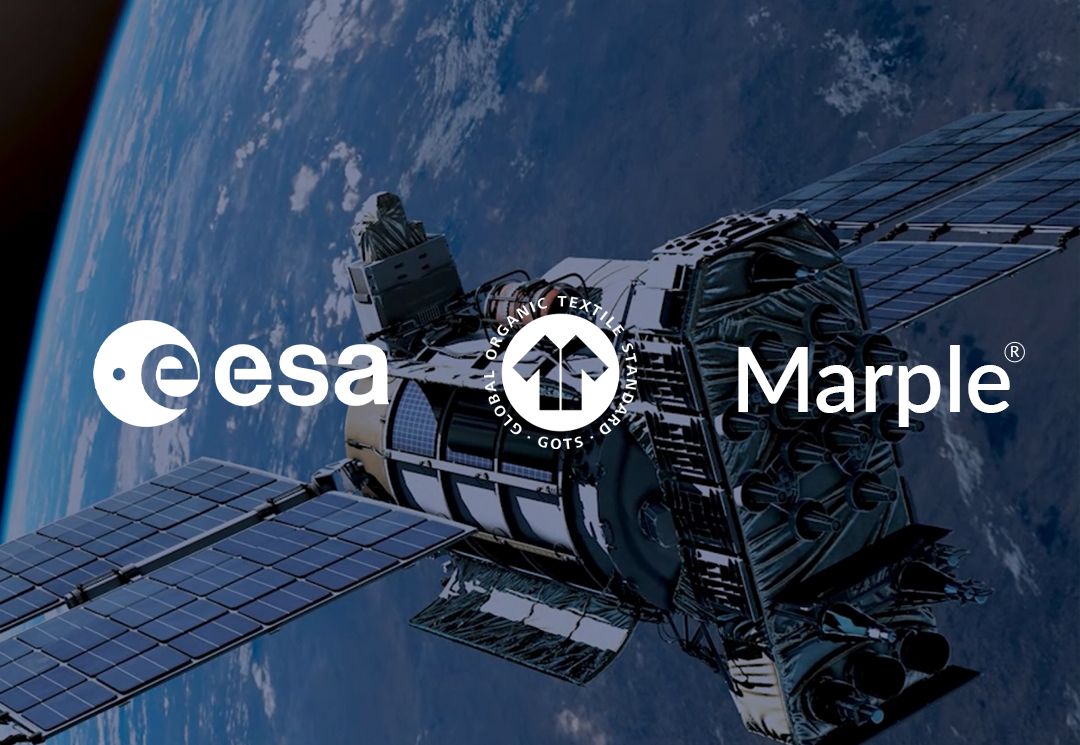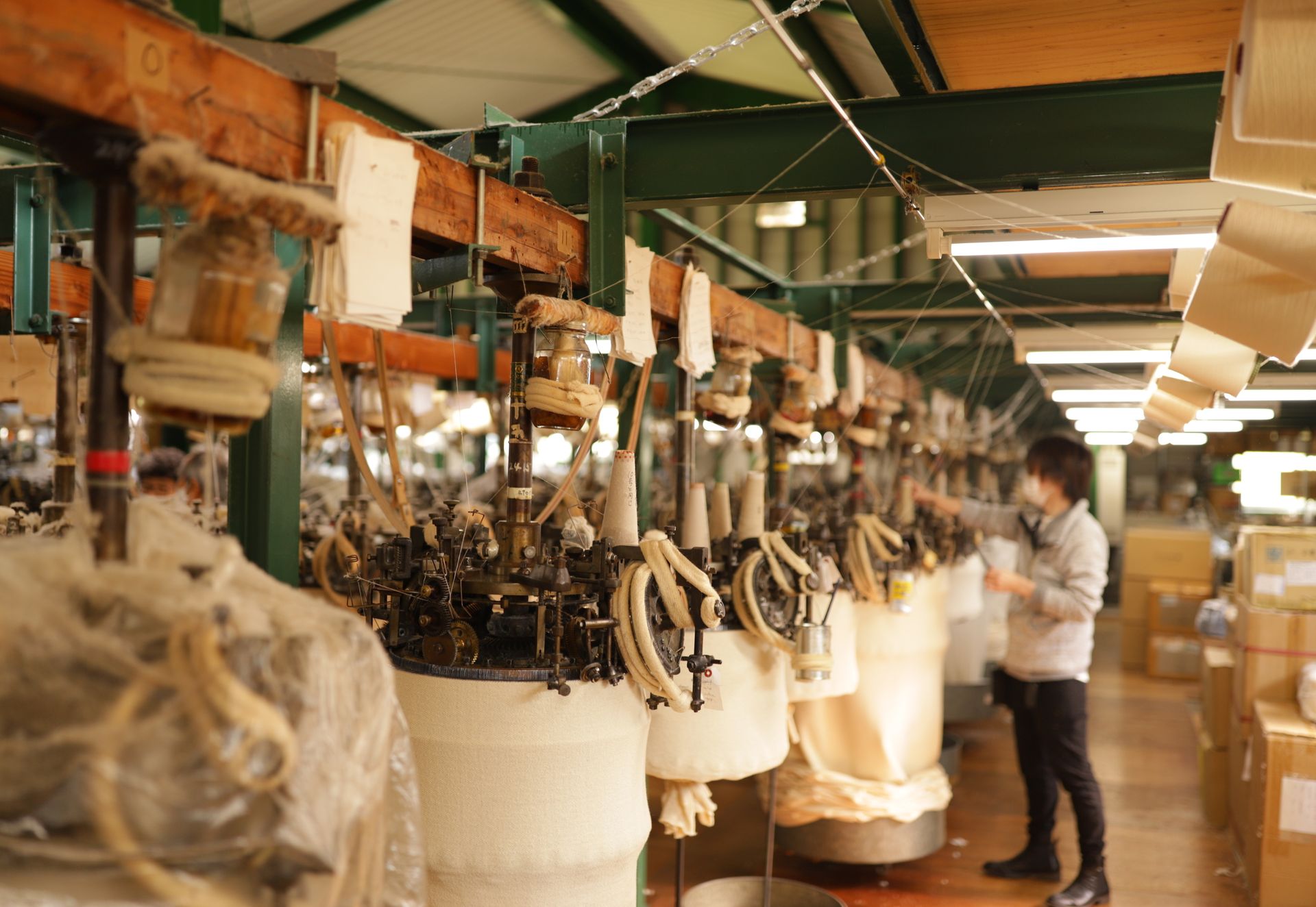Periods are rubbish, and don’t get me started on the waste produced. They’re exhausting. They’re messy. They’re no fun. With the lowering of oestrogen levels to the yo-yo mood swings to the bleeding, no wonder we’re so tired. We deserve to look after ourselves during this turbulent time. On their social media channels and blog, Natracare have talked a little before about caring for mental health during your period, but are you making your physical menstrual health enough of a priority?
What’s the issue with period products?
Practising safe menstrual health starts with looking at the products we use. Did you know period products may contain hidden plastics, chemicals and residuals of concern?
Rayon and synthetic materials
Rayon, also called viscose, is chemically processed for cellulose such as wood, bamboo or even regenerated from mixed cellulose fibres. Rayon used for tampons is typically blended with conventionally grown cotton.
Unlike cotton fibres which are wavy in structure, allowing fibres to lock together, rayon fibres are short and straight, allowing the fibres to slip apart. When in the vagina, rayon fibres from your tampon can shed, encouraging the conditions in which opportune vaginal infections may flourish, create a pH imbalance, or contribute to more favourable environments for toxic shock syndrome to become a risk.
Cotton grown with toxic pesticides and/or bleached using chlorine
It is common for period care products to include synthetic materials such as viscose or polyesters. Generally, when cotton is added to the ingredients, unless the cotton is certified organic, it may have been grown using harmful pesticides, herbicides and fungicides. Uncontrolled waste water could have been used to water plants, leading to potential for toxic chemical and metalloid residuals finding their way into the fibre and the finished product.
Dioxins
That pristine white colour of cotton in your tampon or fluff in your period pad, that can be the result of processing the fibres using chlorine bleaches. Dioxins are the by-products of the chlorine bleaching process. No level of dioxin in a product is safe. Exposure to Dioxin has been linked to cancer, reproductive harm and hormone disruption. Dioxin pollution is also a cause for concern as it can remain in the environment for many years.
The plastic problem
As outrageous as it may seem, most single use period pads contain up to 90% of oil-based plastic? From the pad’s barrier film, into the absorbent core and up to the sheet that touches your skin, many brands use a lot of plastic within their products.
In fact, it turns out that on average there are 36 grams of plastic in every packet of period pads. That’s the equivalent of five plastic carrier bags per pack. Whilst impacting the skin and body, disposal of plastic waste, of course,has detrimental effects on the planet. Petroleum-based plastic does not biodegrade but can break down into microplastics which find their way into water courses and up the food chain! This means your pads and tampons end up in a landfill where they will spend the next 500 years causing, as yet unknown, damage to the environment.
How GOTS-certified Natracare products empowers you
You deserve to feel empowered in the decisions you make about your body, especially regarding your menstrual health. Natracare and GOTS are committed to being open, honest and transparent to consumers about products bearing our labels. As longtime holders of their GOTS certificate, the British brand provides natural, plant-based period and personal care and strives to support your health and the planet. Here’s how:
- Certified organic: The cotton used is independently certified according to the strict human rights, social and environmental criteria of the Global Organic Textile Standard (GOTS). This ensures that all our cotton is free from toxic pesticides, and that the cotton farmers receive appropriate wages.
- Pioneering products: Natracare created the world’s first organic tampon and is the first to offer pads and panty liners certified as compostable to EN13432.
- Transparency and clarity: In light of the recent California Berkley study revealing toxic heavy metals in 14 brands of tampons, Natracare made publicly available their annual, independently testing results to give consumers the power to make informed decisions about their body.
- 1% for the Planet members: By supporting Natracare, you are actively donating to environmental organisations around the globe, as we donate 1% of our annual turnover (not just profit) every single year!
We care about both you and the environment. Natracare and GOTS want to help provide you with transparent information so that you can make empowered decisions about your health and buying options.





